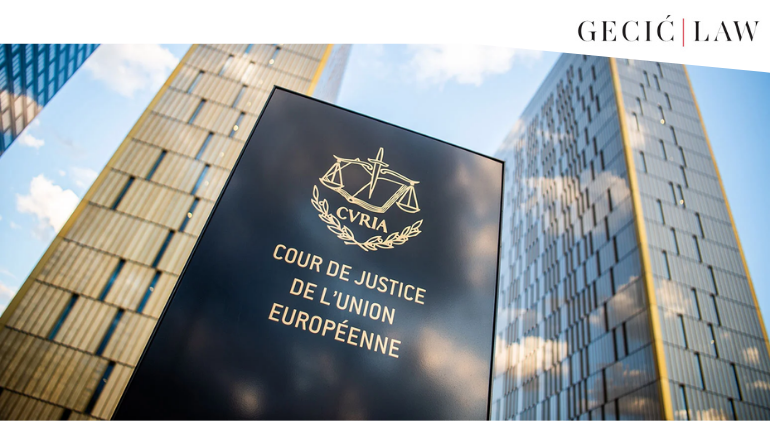

The Judgment of the European Court of Justice (“ECJ“) from November this year raised the issue of compatibility of proclaimed fundamental human rights with public registers of ultimate beneficial owners available to all interested parties (“Judgment“).
According to the Fourth Anti-Money Laundering and Terrorist Financing Directive (the “Fourth AML Directive“), all European Union member states were obliged to make public the registers of beneficial owners of companies operating in their countries so that they can be accessed by any person who has a “legitimate interest.” Accordingly, in 2019, Luxembourg passed a law confirming this directive. It established a register of ultimate beneficial owners, which contained information on the names, nationalities, dates, places of birth, and places of residence of the beneficial owners, which was fully public. Since the term “legitimate interest” was not interpreted strictly, the registers could be accessed by any interested party.
However, this November, the question of the legality of this obligation of member states was raised by submitting a request to the Luxembourg court. This action was to limit the information available to the public by one of the Luxembourg companies and its foreign shareholder. Such a request was rejected and followed by a court action that resulted in the motion to the ECJ with a request to decide on the validity of the Fourth AML Directive in light of the provisions of the Charter of Fundamental Rights of the European Union (“Charter“).
The ECJ decided that the availability of all information about the beneficial owners to any interested individual is illegal, especially if we consider that it is impossible to identify (nor easy to locate) the persons accessing the registers. The Court decided this goes against the fundamental rights to private life and the protection of personal data prescribed by the Charter. The position was taken that the concept of “legitimate interest” should be interpreted cautiously. Accordingly, the interpretation of the Judgment is such that legitimate interest should be proven. The essence is that the member states provide access to information about real owners through channels that will make it easier to determine who accesses the information contained in the registers above. For example, online registration and payment of a certain fee.
According to the Judgment, member states have begun to take down websites that host online registries of beneficial owners. Although such a decision is almost certainly adequate and in favor of guaranteed fundamental human freedoms, it remains to be seen whether it will undermine EU standards related to money laundering and terrorist financing. One should bear in mind that these standards are based on complete transparency as one of the principles that have a direct impact on reducing the risk of disrupting the monetary system of countries through money laundering and terrorist financing.
How is this area regulated in Serbia? The registration and publication of the ultimate beneficial owners are regulated by the Central Registration of Beneficial Owners Act (the “Act“), which entered into force on June 8, 2018. It introduced a single, central, electronic database managed by the Serbian Business Register Agency on natural persons who are the ultimate beneficial owners of legal entities. It is stipulated that these data must be regularly updated under the threat of misdemeanors and fines.
As Serbia is not yet a member state, the relevant Judgement does not bind us. However, expectations are that the competent authorities in Serbia will consider this Decision in detail for two reasons. First, because it directly points to a potential omission in the regulation that affects the security of the monetary system of Serbia, the Prohibition of Money Laundering and Financing of Terrorism Act, which is directly harmonized with the rules of the European Union in this area, which includes the Fourth AML Directive. Also, Serbia is a signatory to the European Convention on Human Rights, which served as the basis for drafting the Charter.
Authors: Teodora Ristić, Marko Đorđević